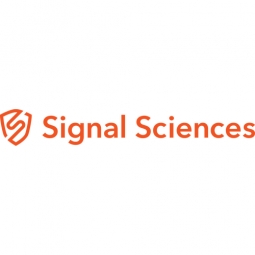Signal Sciences
Case Studies
Namely's Innovative Security Partnership with Fastly for Enhanced Web Defense
Overview
 |
Namely's Innovative Security Partnership with Fastly for Enhanced Web DefenseSignal Sciences |

|
Cybersecurity & Privacy - Intrusion Detection Platform as a Service (PaaS) - Application Development Platforms | |
Buildings National Security & Defense | |
Tamper Detection Time Sensitive Networking | |
Operational Impact
| The partnership with Fastly has resulted in a number of operational benefits for Namely. The ease of use of Fastly’s Next-Gen WAF has made it easy to install and onboard new personnel, improving operational efficiency. The real-time visibility provided by the product has helped Namely understand how their web applications are being attacked, enabling them to better manage their web defenses. The intelligent Cloud Engine has reduced 'alarm fatigue', improving the team’s attentiveness and response times. Furthermore, Fastly’s Next-Gen WAF has enhanced the capacity of the Security and DevOps Teams at Namely, allowing them to focus on other crucial tasks. The product has also proven to be versatile, alerting the team to non-security related issues in the code. | |
Quantitative Benefit
| Fastly’s Next-Gen WAF was extremely easy to install and onboard new personnel, reducing setup time. | |
| Fastly’s intelligent Cloud Engine reduced 'alarm fatigue' by creating events only after confirming an actual attack. | |
| Fastly’s Next-Gen WAF enabled faster response times, with only minutes between the time they see an event and the time they’re able to page someone to triage. | |


